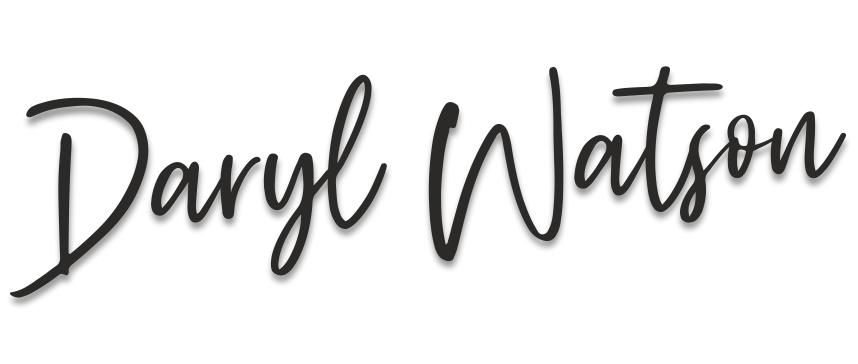𝐓𝐢𝐦𝐞 𝐢𝐬 𝐋𝐢𝐟𝐞.
It is irreversible and irreplaceable.
This year has been very different from others gone by.
For the last 10 years, I’d coach circa 15 people one on one, and have around 100 – 200, sixty-to-ninety-minute coaching conversations a year, in amongst my many other professional activities.
This year, I’ve coached circa 150 people one on one, and have had around 1000 – 1200, twenty-to-forty-minute coaching conversations, in amongst my many other missionary activities.
It’s been a little busier, very different, more intensive and a little more tiring too!
However, I absolutely love it!
In amongst all of those coaching conversations, there have been many incredible discoveries made.
Amongst the many coaching techniques, I frequently use, is a very simple one, it’s akin to judo.
The word judo consists of two Japanese characters, ju, which means “gentle”, and do, which means “the way”.
Judo, therefore, literally means the gentle way.
I did say it was simple!
This is the model.
• Invite them to share their story
• Ask questions, to create curiosity and to explore their journey.
• Share a personal story as an alternative view.
• Review – what can I do better?
As you review 2022 and reflect upon all that has gone by, perhaps you can ask yourself this question too…
“What could I have done better?”
